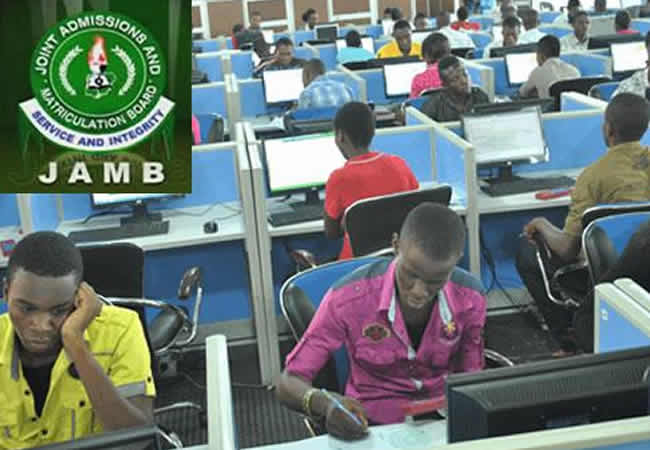Stakeholders in the education sector including the West Africa Office of the Association of African Universities, AAU, the Joint Admissions and Matriculation Board, JAMB and the National Universities Commission, NUC, have launched a Framework of Action for Accelerating Academic Excellence,FAAAE, in the Nigerian higher education system.
This was unveiled at a seminar jointly hosted by the AAU West Africa Office and JAMB and attended by Vice-Chancellors, VICBHE Module 7 participants and other stakeholders in higher education in Nigeria.
The AAU Ambassador for Higher Education for West Africa and former NUC Executive Secretary, Professor Emeritus Peter Okebukola, who convened the one-day seminar, underscored the importance of accelerating academic excellence to national and regional development.
Okebukola who is also the President of the Global University Network (GUNi-Africa), called for sustainable funding of higher education while also urging prudent and judicious utilisation of resources available by higher education authorities.
The seminar which was held virtually, was addressed by Professor Olusola Oyewole, the Secretary-General of AAU who was applauded for the giant strides AAU has made in the last two years.
READ ALSO: Flood Sacks Ondo Communities, Renders Residents Homeless
Also at the forum was Professor Saeed Bakri Osman, the President of AAU; Christorpher Maiyaki, Acting Executive Secretary of NUC; and Professor Yakubu Ochefu, Secretary-General, Committee of Vice-Chancellors.
In his keynote address, Professor Is-haq Oloyede, the Registrar of JAMB identified numerous barriers to academic excellence and proposed wide-ranging and sustainable strategies for building bridges across the barriers to advance academic excellence.
In his address to the press after the seminar, the convener- Professor Peter Okebukola, noted that the event was a follow-up to the Conference of Rectors, Vice-Chancellors, and Presidents of African Universities (COREVIP) which was held in Windhoek, Namibia from 4-7 July 2023.
In the preamble to the Framework of Action which was adopted by the 256 participants who attended the seminar, participants applauded the impressive contributions of the immediate-past Executive Secretary NUC, Professor Abubakar Adamu Rasheed in the revitalisation of university education in Nigeria, now being actively pursued by his successor in office Christopher J. Maiyaki.
The stakeholders further applauded the giant strides in promoting access to quality higher education in Nigeria by Professor Is-haq Oloyede through the sterling activities of JAMB.
READ ALSO: Court Orders Firm, KYC Interproject Ltd Sealed Over Alleged N200m Fraud
They noted the steady march towards academic excellence as demonstrated by improvements in the ranking of Nigerian universities in recent global ranking schemes
They further noted that several challenges persist in the quest to achieve excellence in higher education including funding especially the management of available funds.
The stakeholders affirmed that with improved resourcing of the system and significant improvement in the welfare of higher education staff, the pace towards academic excellence would be accelerated.
They emphasised that government should not abdicate its responsibility to properly fund higher education in Nigeria.
READ ALSO: ‘Why People Say Obasanjo Is Stingy’ – Ali Baba Recounts Most Memorable Joke
They were determined to make the Nigerian university system a model in Africa that will showcase excellence in teaching and research as well as relevance in solving the myriad socio-economic challenges facing the country.
Key elements of the Framework for Action include: “with improved resourcing of physical facilities and staff welfare, step up the drive to academic excellence especially through research and production of quality graduates to ensure the attainment of national development goals and the SDGs;
“Request all VCs to study the report of COREVIP 2023 and implement recommendations into actionable programmes in their universities;
“Effective and judicious use should be made of the resources that are currently available in the system;
“A scheme for getting all staff and students to have needed technology especially laptops for online delivery of the CCMAS should be instituted without delay;
“Implement recommendations from COREVIP 2023 that are aimed at improving academic excellence in higher education in Nigeria; and (6) capacity development of staff and partnerships should be bridges we should construct to deliver excellence.
